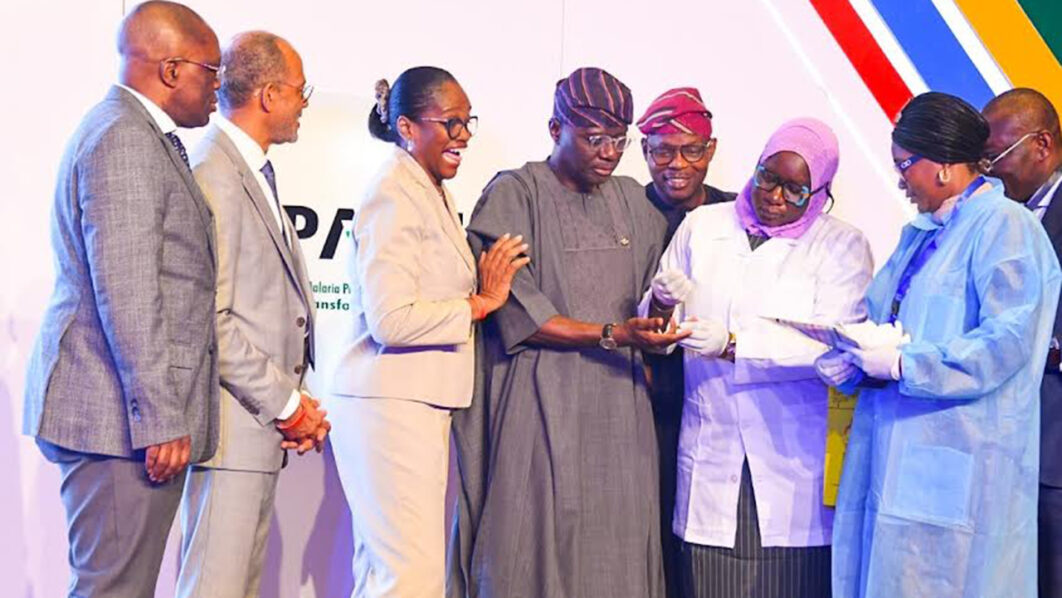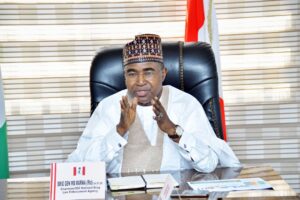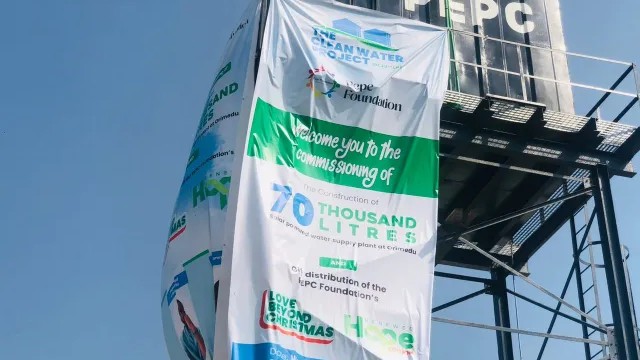
Lagos State Governor, Babajide Sanwo-Olu, has said that malaria is more than a disease, as it is a socio-economic burden that has held back individuals, families, and communities for far too long.
He said that for many households in Lagos State, especially those with modest incomes, malaria treatment could consume up to three per cent of monthly earnings.
Sanwo-Olu, who spoke during the launch of the malaria pre-elimination and digitisation programme in Lagos State, yesterday, said: “This financial strain often forces families to make heartbreaking choices between healthcare and other basic needs like food or education. The economic impact extends beyond households as businesses suffer from absenteeism, schools record lower attendance rates among children, and our healthcare system bears the weight of preventable cases.
“But today, we are here to change this narrative. The eradication of malaria is not just a health goal; it is an economic imperative. According to a report by Malaria No More UK, Nigeria could benefit from a GDP increase of nearly $34 billion by 2030. This is a staggering figure that underscores urgent need for action.
“Imagine what Lagos State could achieve if we reclaim the billions lost yearly to this disease. Imagine the possibilities for families who no longer have to choose between survival and opportunity. Imagine a state where every child can attend school uninterrupted by illness and every adult can contribute fully to the economy.
“This programme represents hope that is rooted in innovation, collaboration, and determination. By leveraging digital tools, we will ensure that every malaria case is tracked in real time.” Sanwo-Olu said that by strengthening partnership with the private sector, the state would expand access to quality healthcare.
The governor commended the World Health Organisation (WHO), the World Bank, the National Malaria Elimination Programme (NMEP), community pharmacies, private hospitals, and many others, for their invaluable support in making the initiative possible.
In his address at the launch of the programme, Lagos State Commissioner for Health, Abayomi Arigbabu, emphasised that the programme is a crucial step towards reducing malaria prevalence to below one per cent, marking a significant leap towards disease eradication in Lagos.
He revealed that the state records an estimated 900,000 malaria cases yearly, with febrile illnesses presumed to be malaria contributing to over 50 per cent of general outpatient visits in public health facilities.
The commissioner noted that a major behavioural shift that the programme aims to achieve is changing public perception of fever and malaria diagnosis, saying that the goal of the initiative is to reduce malaria prevalence in Lagos to less than one per cent, as well as transitioning the state into a malaria pre-elimination phase.






